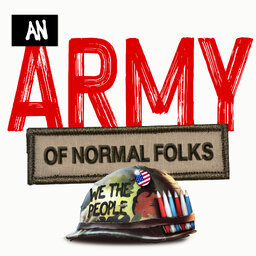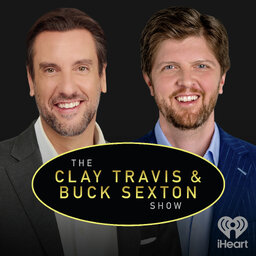Scott Strode: Rising From The Ashes… Together (Pt 2)
After struggling with addiction for almost 2 decades, Scott Strode found hope while ice climbing. The healing power of nature and community radically transformed his life. And Scott couldn’t not share his secret with the rest of the world too. The Phoenix was born and this year their sober movement is expected to serve more than 400,000 people!
In 2 playlist(s)
An Army of Normal Folks
Our country’s problems will never be solved by a bunch of fancy people in nice suits talking big wor…Social links
Follow podcast
Recent clips
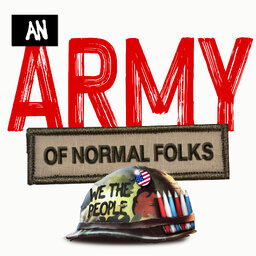
What Happens When You See the Person Everyone Else Ignores
13:15
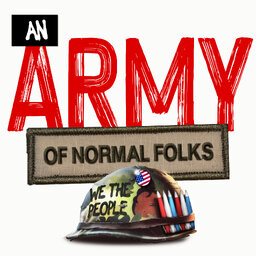
How to Turn Your Spending Into Someone's Second Chance. Or First Chance (Pt 1)
33:45
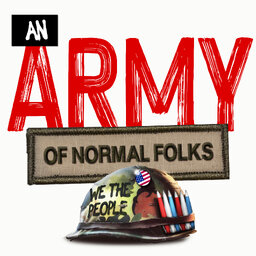
How to Turn Your Spending Into Someone's Second Chance. Or First Chance (Pt 2)
1:14:58
 An Army of Normal Folks
An Army of Normal Folks